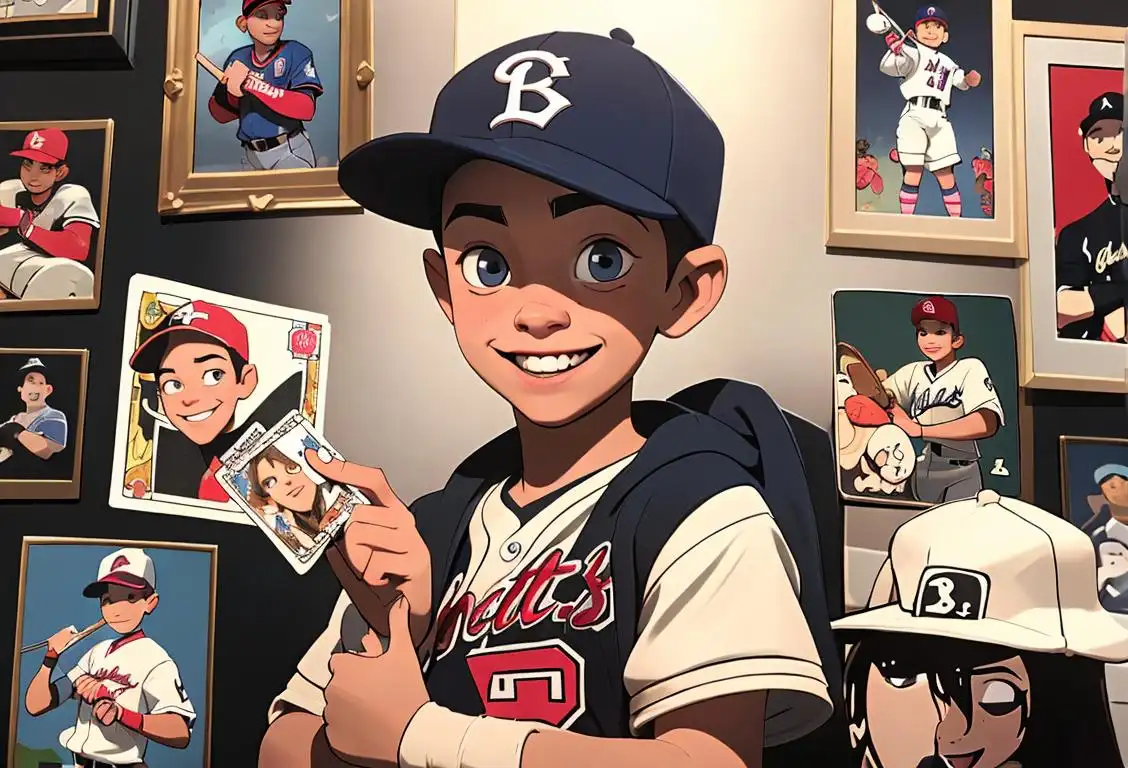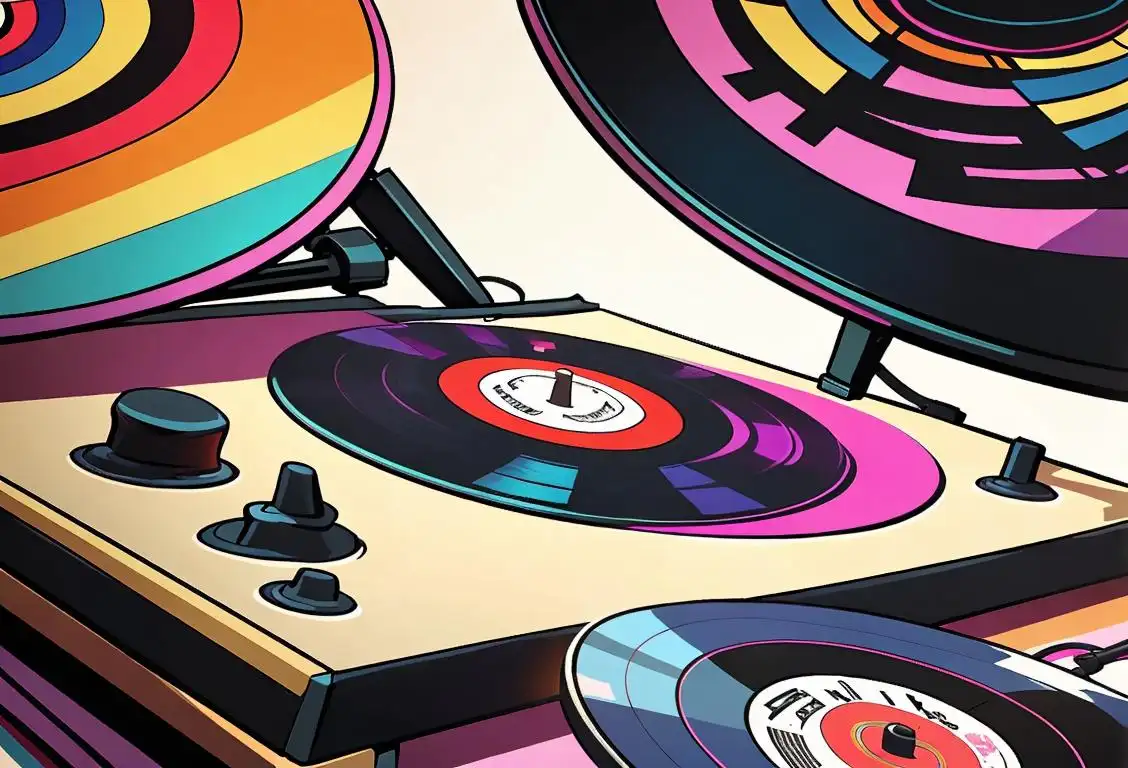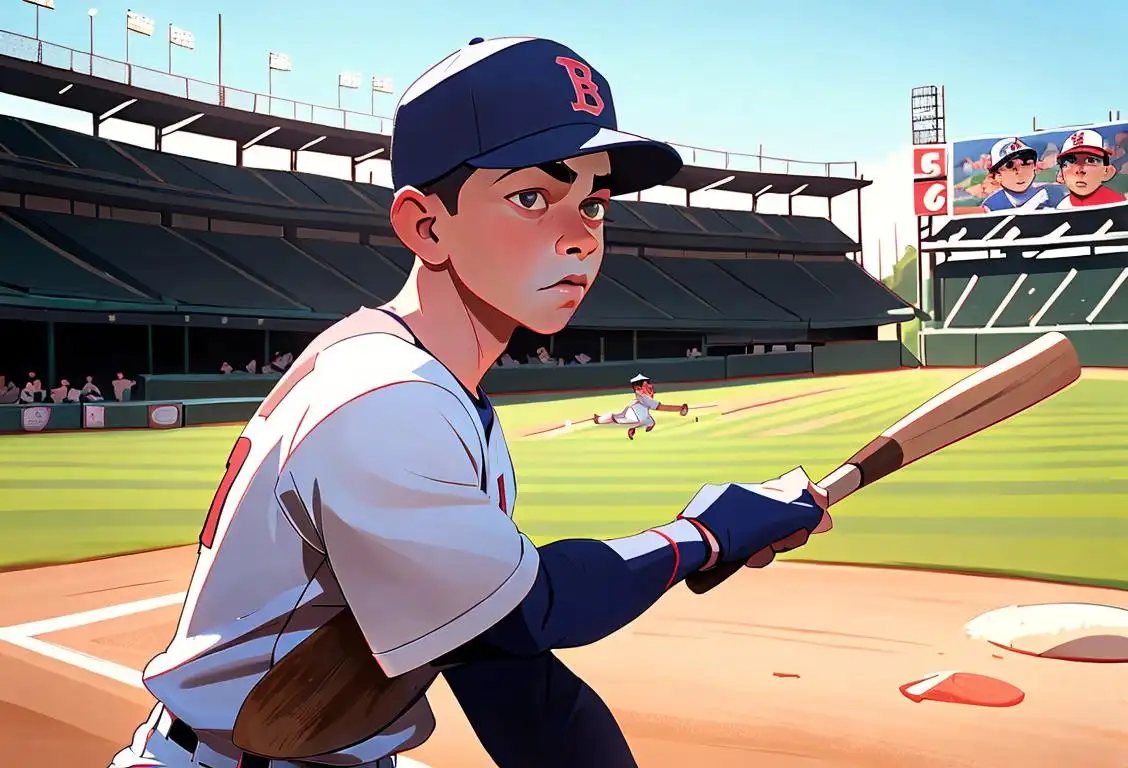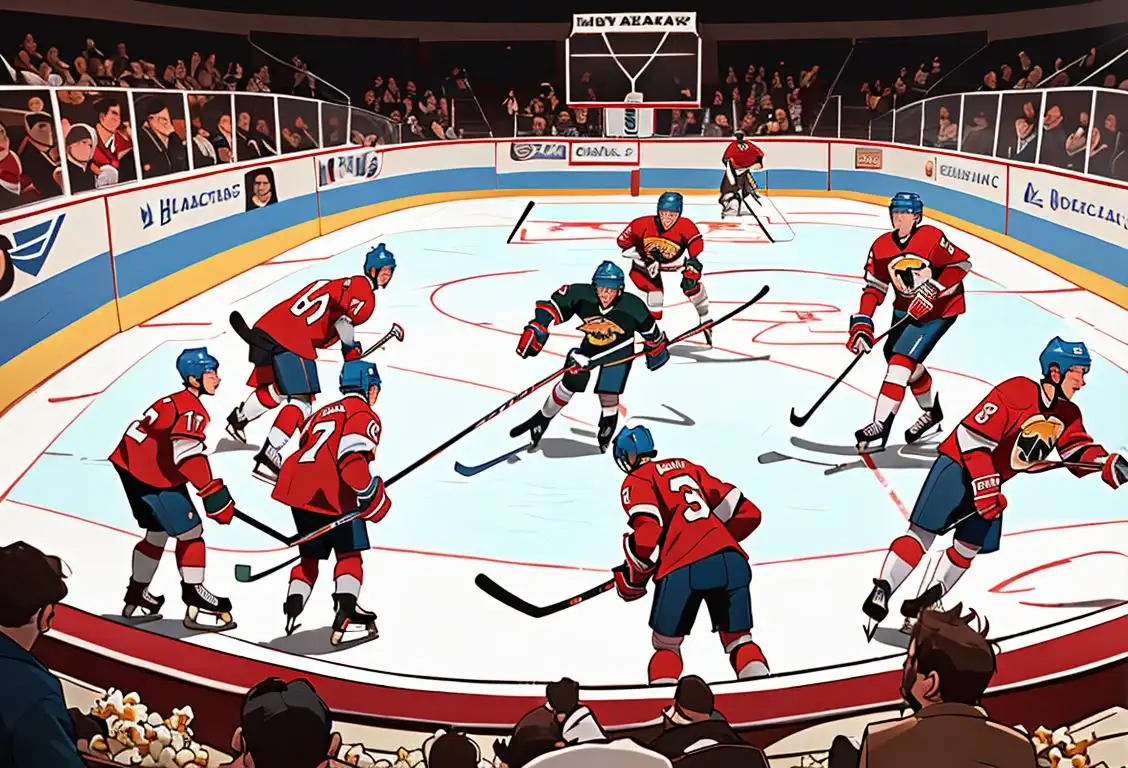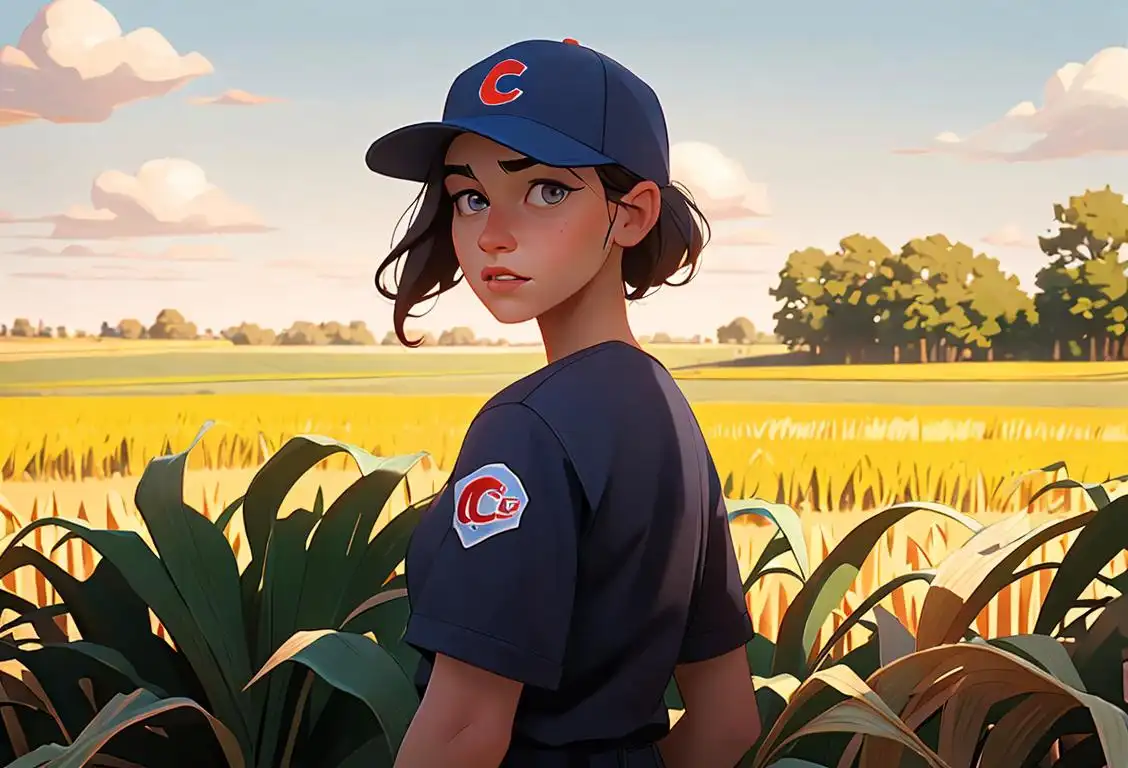National Baseball Card Day
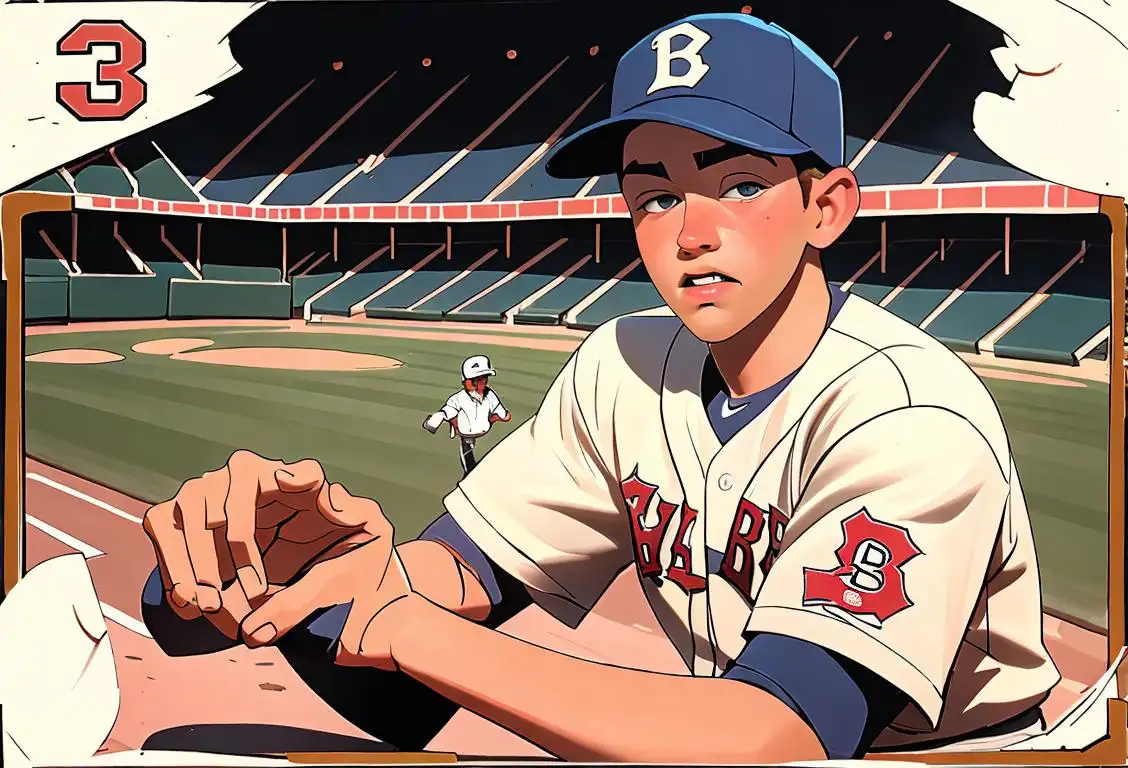
Who knew trading Babe Ruth could lead to a day loaded with trivia and tittering tales of our favorite pastime, baseball? Welcome, you’ve stepped up to the plate for the delightful chronicle of National Baseball Card Day. No peanuts or Cracker Jacks required!
When is Baseball Card Day?
It's national baseball card day on the 8th August.
History of National Baseball Card Day
Surprisingly, baseball cards were originally intended as plain old advertising pieces, much like the free toy in a cereal box. Started in the mid to late 1800s, they were issued by tobacco and candy companies to boost sales or to simply act as 'stiffeners' for cigarette packs. But it's fair to say they became more than mere packaging fluff. Each card, decorated with the likeness of a player, fundamentally scored a home run into the hearts of fans.
The Emergence of a National Day
Jump cut to our digital age and these humble card beginnings have exploded into a full out national celebration. According to WhatNationalDayIsIt.com’s illustrious tracking record, National Baseball Card Day started to gain traction from the digital peanut gallery around 2013 with increasing interest thereafter. The talk of the town apex was reached on August 08, 2020 with a grand total of 5681 online mentions. Not too shabby for inanimate pieces of decorated cardboard!
Modern Day Celebrations
Nowadays, collectors and casual enthusiasts alike mark this day in their calendar (and on their social media feeds) to honor this small piece of baseball history. Events typically involve trading, purchasing new cards, and of course endless discussions on stats and players, all filtered through a nostalgic gaze. The day may also be filled with decoding the obscure shorthand that's only intelligible to true baseball card connoisseurs. For those of you still fumbling with E.R.A., that's Earned Runs Average, not a historical time period!
History behind the term 'Baseball Card'
1860s
Early Baseball Cards
In the 1860s, baseball was growing in popularity, and fans wanted a way to keep track of their favorite players. The first baseball cards began to appear, but they were not yet widely distributed. These early cards featured portraits of players on one side and advertisements on the other. They were typically large, measuring around 5 by 8 inches.
1880s
Tobacco Companies Start Producing Cards
In the 1880s, tobacco companies saw an opportunity to promote their products by including baseball cards in their packs. Companies like Goodwin and Company and Allen & Ginter started producing baseball cards as a way to attract customers. These cards were smaller than the earlier versions, measuring around 2.5 by 1.5 inches. They featured player images on the front and advertisements on the back.
1900s
Golden Age of Baseball Cards
The early 1900s marked the beginning of the Golden Age of Baseball Cards. Companies like American Tobacco Company, Piedmont, and Sweet Caporal produced baseball cards in large quantities. These cards became highly sought after by collectors and fans alike. This era saw the rise of iconic sets such as T206 and T205, which featured star players like Ty Cobb and Honus Wagner.
1930s
Bubble Gum Cards Take Over
In the 1930s, bubble gum cards started to dominate the baseball card market. Companies like Goudey and Play Ball began including baseball cards with their gum, appealing to a younger audience. These cards often featured colorful designs and were larger than the tobacco cards, measuring around 2.5 by 3.75 inches. The era of gum cards introduced many iconic sets, including the legendary 1933 Goudey set.
1950s
Topps Becomes a Major Player
The 1950s brought a new era of baseball cards with Topps emerging as a major player in the industry. Topps introduced the use of team logos and player statistics on the back of their cards, adding a new level of information for collectors. This decade also saw the introduction of rookie cards, which became highly valuable in later years. The 1952 Topps set, featuring the iconic Mickey Mantle card, is considered one of the most important sets in baseball card history.
1980s
Modern Era of Baseball Cards
The 1980s marked the beginning of the modern era of baseball cards. Companies like Donruss, Fleer, and Upper Deck entered the market, increasing competition and driving innovation. This era saw the production of glossy, high-quality cards with unique features like holograms, autographs, and game-used memorabilia. However, the market became oversaturated, leading to a decline in value and the burst of the '90s baseball card bubble.
2000s
Digital Age and Online Collecting
With the rise of the internet, the 2000s marked a shift in how collectors engage with baseball cards. Online platforms and digital trading became popular, allowing collectors to buy, sell, and trade cards from the comfort of their homes. Digital cards, known as virtual or digital collectibles, gained traction, with platforms like Topps Bunt and Panini America's digital card apps gaining a following among tech-savvy collectors.
Did you know?
Did you know the most expensive baseball card ever sold fetched a staggering $5.2 million in 2021? It was a 1952 Topps Mickey Mantle - a card that was once returned to the manufacturer because it arrived too late in the baseball season!Tagged
fun history nostalgia sports baseball collectibles trading cardFirst identified
13th April 2015Most mentioned on
8th August 2020Total mentions
5681Other days
Baseball Card Day
Trading Card Day
Memorial Day
Vinyl Record Day
Babe Ruth Day
Hockey Card Day
Parents Day
Hunting And Fishing Day
College Colors Day
Illinois Day
